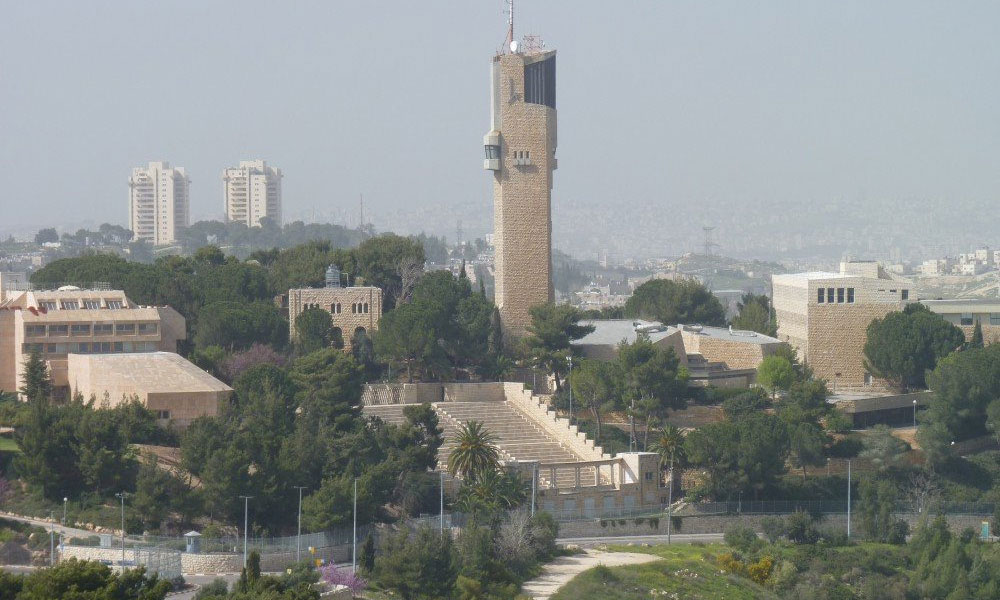
Israeli Academic Groups Warn Boycotts Are Having an Effect
The recent trend favoring the boycott of Israel, embraced by many in the academic world, is beginning to damage the perception of the country's educators and researchers, officials told a Knesset committee last week. Politicians have suggested that the Israeli government work on messaging campaigns to combat the issue.
The past few years have seen academic groups launching boycotts against Israeli institutions for a variety of reasons.
The decision by smaller groups, such as the American Studies Association, to pass formal bans has led larger groups, such as the American Anthropological Association, to discuss the issue. And last week, the issue hit a new peak when a number of British doctors requested that the Israeli Medical Association be banned from the World Medical Association.
As the prominence of these academic boycotts has increased, the Israeli academic world has been working to respond to the growing controversy. Last week, officials from a variety of Israeli academic groups discussed the issue at a committee meeting for Knesset, the primary legislative arm of the Israeli government.
Beyond the formal boycotts, some Israeli academic groups say that informal discrimination against Israeli academics is becoming more common.
“There exists a hidden boycott among academic staff members. It’s still below the surface, because they still think it’s illegitimate,” said Zvi Ziegler, the head of a forum the Association of University Heads set up take on the issue, in comments to the Knesset Science and Technology Committee last Wednesday, according to the Jewish Press. “We don’t manage to stop the flood with our measly resources. I am very concerned about the future.”
In recent months, Ziegler has compared the situation facing Israeli academics to that facing the Jewish-American reggae artist Matisyahu, who was asked by Spanish festival organizers last year to take a stance against the Israeli government’s treatment of Palestine, only to have his concert canceled when he failed to give an answer to their liking.
The chair of the Knesset panel, Uri Maklev, emphasized that the country should increase efforts to counter the political criticism being leveled at the country’s academics.
“The boycott [campaign] harms the strength of the State of Israel. The government must allocate appropriate funds for the good of the struggle in this hour of national emergency,” Maklev said, according to the Middle East Monitor.
The Israeli Medical Association (IMA), meanwhile, has warned that the latest call for boycotts against the association could eventually have an effect on the organization. Zeev Feldman, chairman of the IMA World Fellowship, who also spoke in front of the Knesset panel, told the Jerusalem Post that the situation was “an organized struggle—a fight against academia, doctors, and other Israeli bodies.”
“If there will be many hammer hits, eventually the wall will give in,” Feldman added.
The Hebrew University of Jerusalem, the second-oldest university in Israel. (OnCampus.ru/Flickr)






Comments